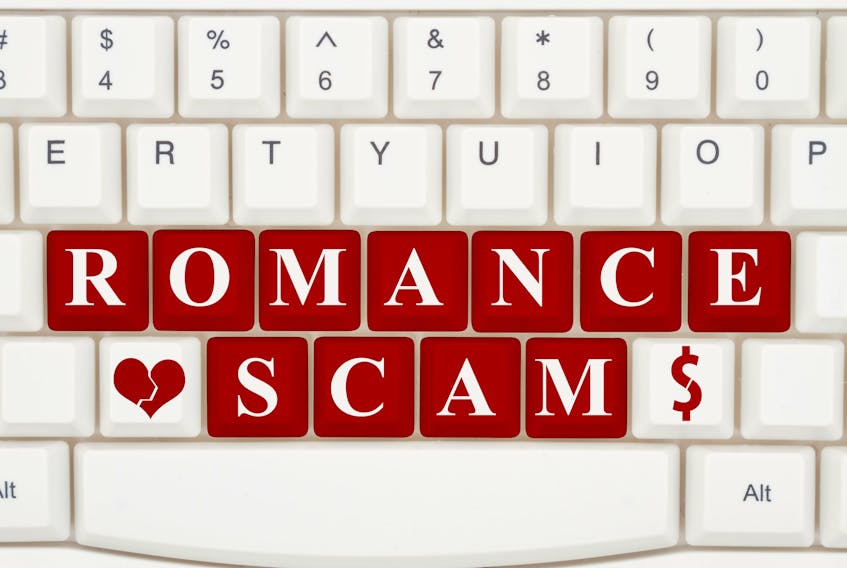With Valentine's Day here, the RCMP is asking Canadians to be cautious when searching for that special someone online.
Known as "romance scams," some 760 victims in Canada reported losses of more than $22.5 million to the Canadian Anti-Fraud Centre last year, surpassing all other types of fraud. Three instances of these scams were reported on P.E.I.
Scammers are capitalising on the vulnerability of those looking for love or companionship to extract significant amounts of money from their victims.
The fraudsters typically create enticing profiles on well-known dating websites or social media platforms to lure victims into online relationships.
As the relationship continues over time, the scammers build trust with their victim before asking for money under any number of pretences.
Sadly, the greater the trust gained by the fraudster, the greater the losses suffered by most victims.
Here are some tips to avoid falling prey to online romance scams:
- Be skeptical when chatting with an individual who claims to live nearby but is currently overseas for work (this can be a set-up to ask for money later)
- Be suspicious if they refuse or continuously cancel video chats and in-person meetings
- Be wary when someone you've never met in person professes their love
- Scammers may also ask for help covering the cost of an emergency situation, such as a sick family member. Protect yourself by never, under any circumstances, sending money for any reason
- If you believe you have been a victim of this scam, contact your bank and place a stop payment on any cheque or money transfer, report it to local police and file a report with the Canadian Anti-Fraud Centre (CAFC)









